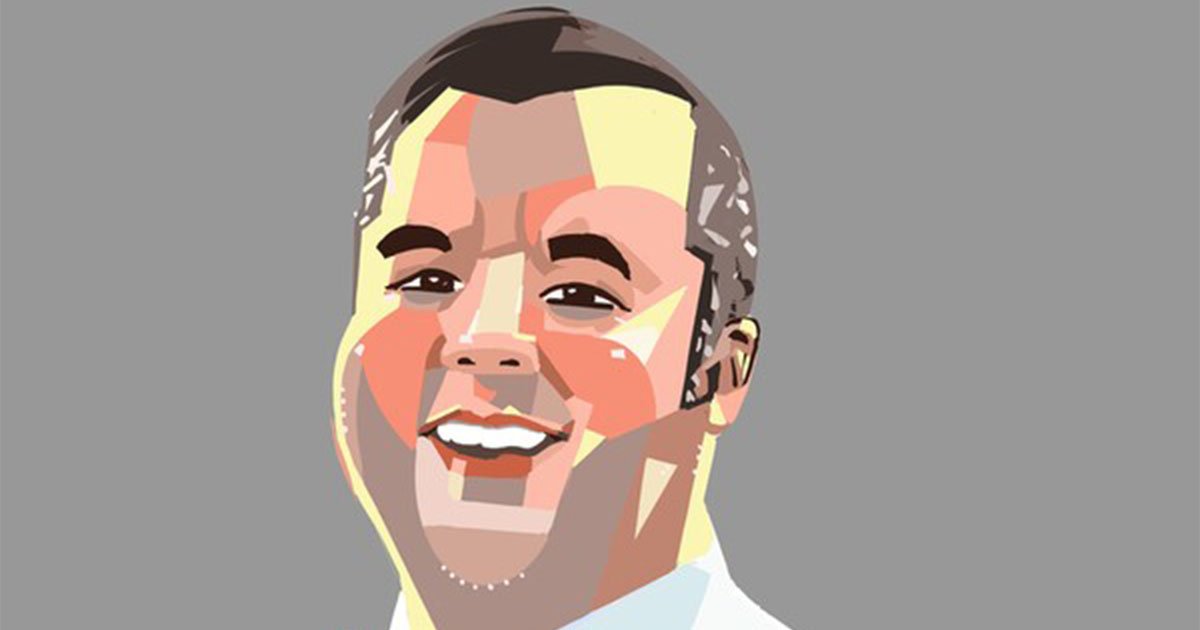They say that getting old isn’t for the faint of heart, and that’s especially true for LGBTQ folks. Older adults in the LGBTQ community can face a myriad of health disparities, stemming from a variety of factors, including institutional discrimination.
Moone is one of Minnesota’s foremost experts in LGBTQ aging. He and his team are building a toolkit to help caregivers better understand and serve this historically marginalized community.
What health disparities do LGBTQ folks experience?
Dr. Moone: Chronic conditions—things like cancer, heart disease, mental health diagnoses—are seen at a higher rate in LGBTQ older communities. And there are also some conditions experienced by LGBTQ older adults that may not be as universally experienced by others, such as HIV and Alzheimer’s disease.
What can explain these disparities?
Dr. Moone: Because of their historical experiences of being considered a medical diagnosis, immoral, or even illegal, LGBTQ older adults sometimes have a reluctance in seeking out formal service providers.
At the same time, they are less likely to have friends and family members to provide informal care for them. That’s a problem, because the vast majority of care for older adults in Minnesota is provided informally by friends and family members.
I call this phenomenon the LGBTQ aging paradox—the fact that these older adults are more likely to need formal services and support, but they’re less likely to reach out and access them.
What is the U doing to make healthcare more equitable for LGBTQ older adults?
Dr. Moone: We were the lead researchers on the 2022 LGBTQ Aging Needs Assessment here in Minnesota, which provides a snapshot of the health, economic, and social indicators of LGBTQ older adults.
We have a National Institute of Aging–funded research study looking at nursing homes and assisted-living communities to find out what policies they have in place that are LGBTQ friendly.
We’re expanding a nationally recognized program called Training to Serve specifically for senior care establishments, to help show providers how to offer those high-quality, sensitive services—and to help their existing services become more welcoming to members of the LGBTQ community.
We also created the LGBTQ Aging Care Toolkit to provide resources, like case studies, basic videos, and information about LGBTQ aging that faculty can take “off the shelf” and put into their courses. It’s available for free at z.umn.edu/lgbtq-aging.
This article originally appeared in the fall 2023 issue of Discovery magazine. Illustration by Quincy Sutton

